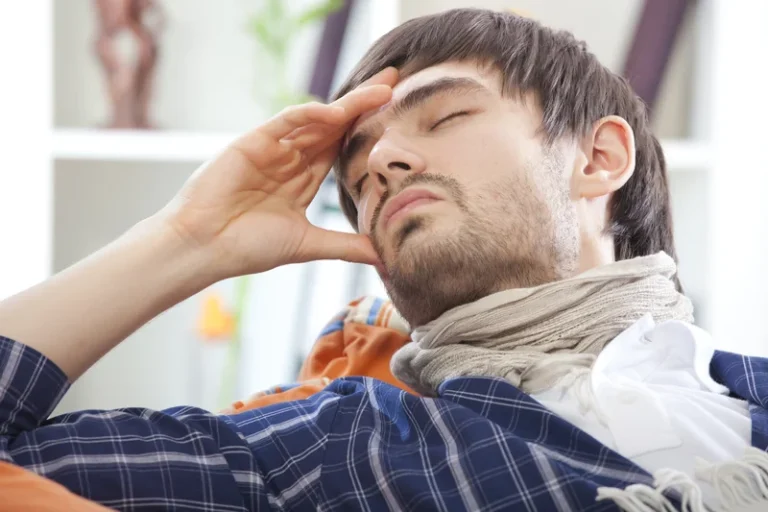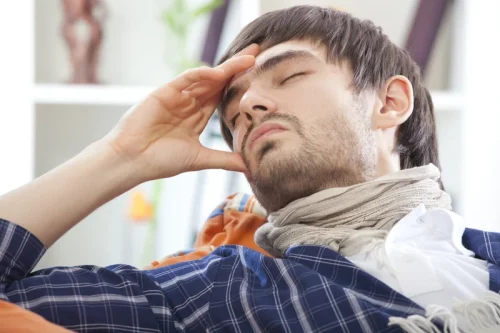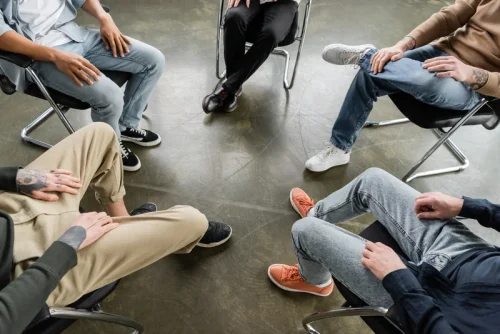
The cost of regularly using marijuana can add up significantly over time. Aside from buying marijuana, there are often related costs for paraphernalia, plus medical consultations or legal documentation in states where it’s regulated. Regular marijuana use can also affect your social life and relationships. Some people find their social circles naturally shift toward others who have similar patterns of substance use, while connections with other friends become more distant. You might notice changes in how you interact with family members, particularly if they have concerns about your use. Interestingly, these respiratory symptoms were similar whether people smoked just marijuana or just tobacco—one wasn’t necessarily better or worse than the other.
- You might find it harder to get started on tasks or feel less excited about activities you used to enjoy.
- When the liver breaks down THC, it forms at least 80 different metabolites.
- If you or anyone you know is undergoing a severe health crisis, call a doctor or 911 immediately.
Factors Affecting THC Metabolism and Elimination

Similarly, following a healthy dietary plan may also help with this process of metabolizing THC. Additionally, consuming fiber can help to improve digestion and promote bowel movements, which can aid in the elimination of THC metabolites from the body. One important factor is also the kind of urine THC tests that are being used. In the calculations above, it was presumed that the detection of Sober living home THC in urine is being conducted with a standard drug screening test with a 20 ng/ml cut-off rate.

How to Speed Up the Elimination of Weed from Your System

Exercising and having good hydration are two ways to boost metabolism. However, it may take 1–3 hours for effects to peak when cannabis is ingested. There isn’t much you can do to speed up the amount of time it takes for THC metabolites to leave your system. “However, we did include alcohol in our statistical models, and we found that alcohol did not explain the effects we saw, while cannabis use did,” Gowin said.
Saliva tests

This thorough evaluation helps us craft a plan that fits your specific situation. Hair tests look for the past three months of marijuana use, though detection can depend on hair length. Also, hair testing doesn’t always show exactly how much cannabis someone used—just that they used it at some point during that window. This method is used in some legal how many days does weed stay in your system or workplace scenarios, especially if an employer or authority wants a more extensive drug history. If you smoke or vape marijuana, the effects will typically start to fade after 2 to 4 hours. However, if you’ve consumed edibles, the effects can last much longer, sometimes up to 8 hours or more.
- However, this initial “false positive” would not hold up to the more rigorous second round of confirmatory testing, which specifically measures THC-COOH.
- If you’re faced with a lab test, you will almost certainly have to ‘pee in a cup’.
- It is crucial to understand the detection window specific to the drug test being administered.
- Short-term effects of marijuana include impaired memory, concentration, and coordination.
- Once in the bloodstream, THC rapidly travels to the brain and other organs, including the liver.
Many providers now have experience helping people navigate their relationship with marijuana to support their well-being. When marijuana use becomes problematic, it can affect multiple areas of your life. You might notice changes in your physical and mental health, your relationships might feel strained, and your daily activities might feel more challenging. These impacts are often reversible with the right lifestyle changes and support. Even in states where marijuana is legal, regular use can still present legal challenges. Workplace drug testing policies, housing restrictions, and driving laws all create complications for regular users.
The Bottom Line: How Long Does It Take for THC To Leave Your System Completely?

Just like with coffee or certain medications, your body gets used to marijuana over time. You might notice that the amount that once helped you feel relaxed or relieved pain doesn’t work quite as well anymore. The good news is that recognizing these patterns is the first step toward making any changes you’d like to see in your life. Many people are able to successfully adjust their use or get support when marijuana no longer serves their goals. Most people report improvements in memory and thinking after they cut back or stop using marijuana. Choosing alternative ways to use marijuana (like switching from smoking to vaping or edibles) is one way to protect your lung health.